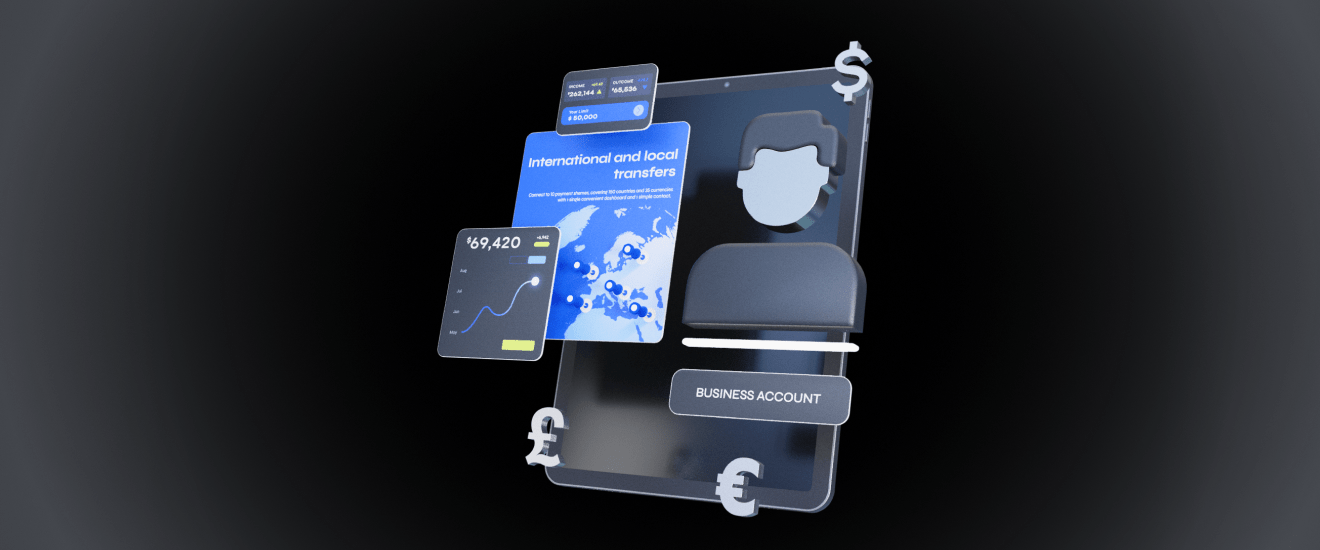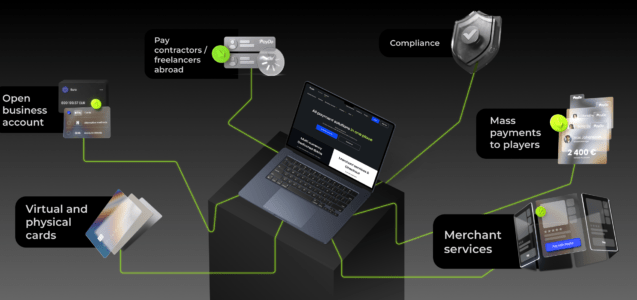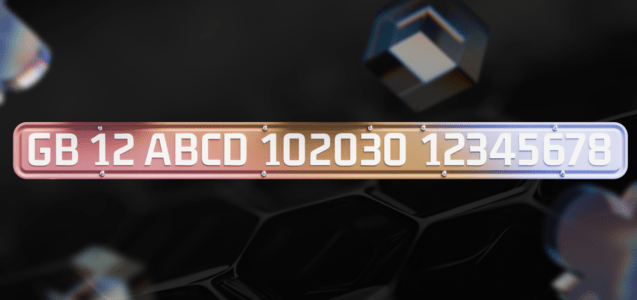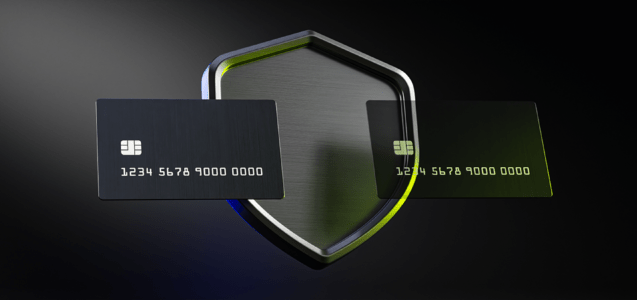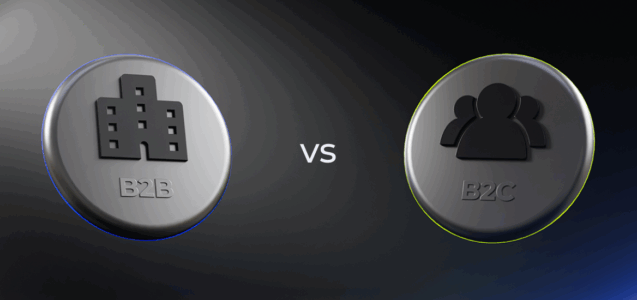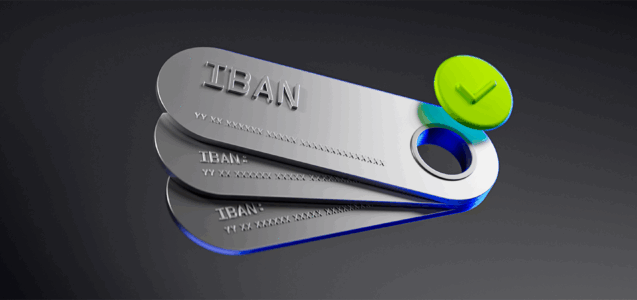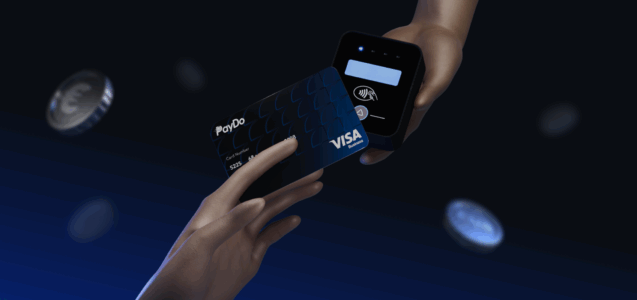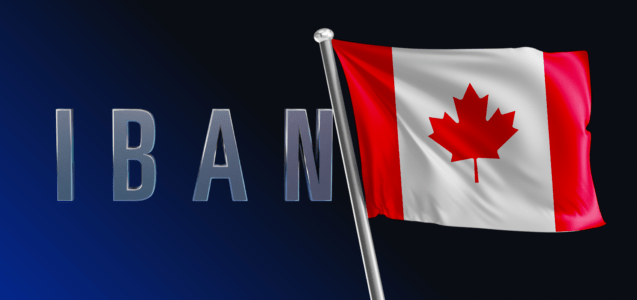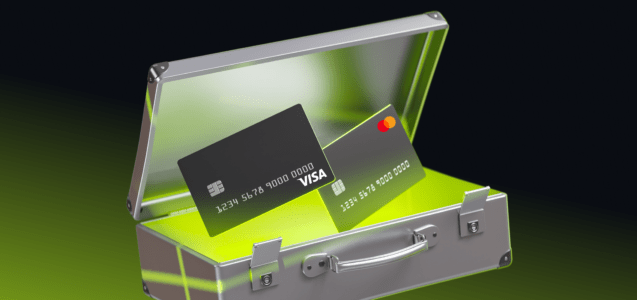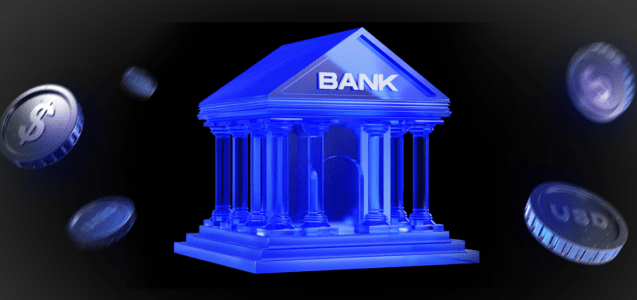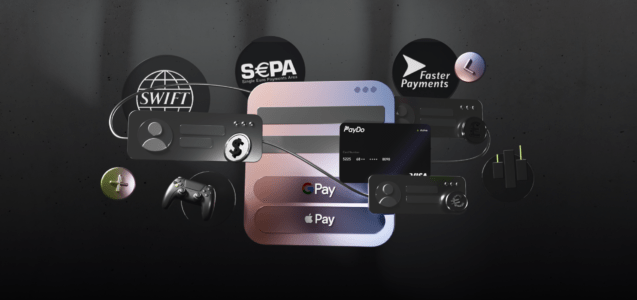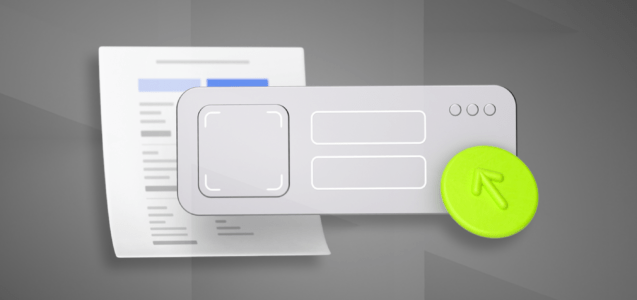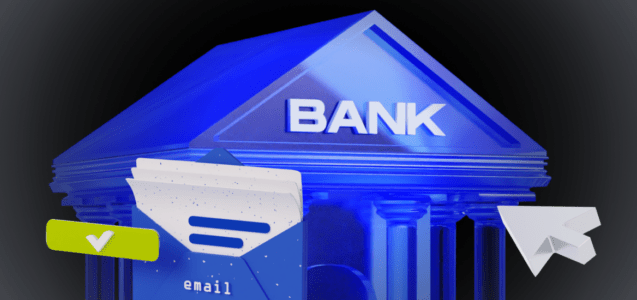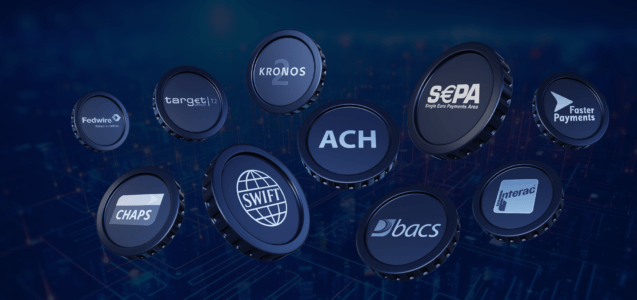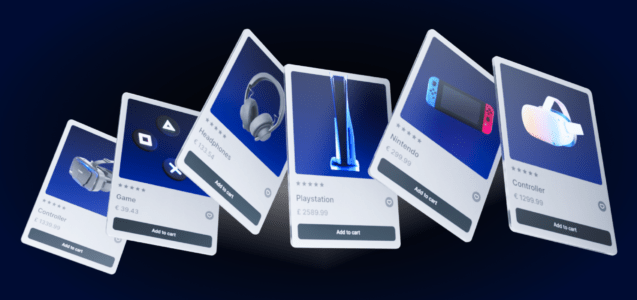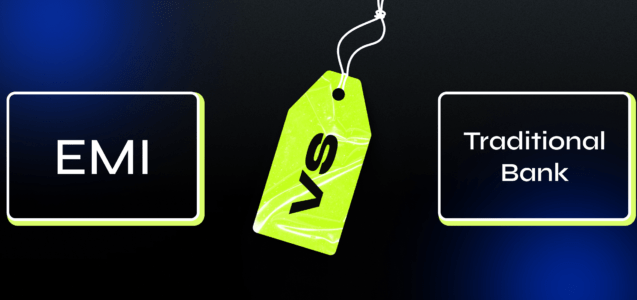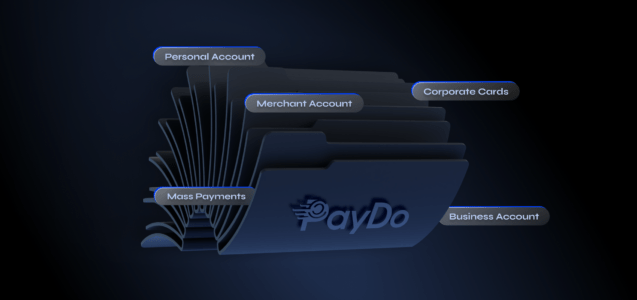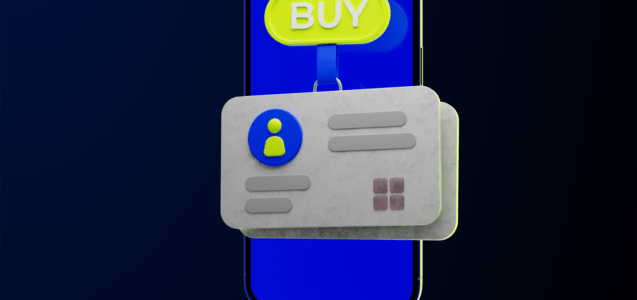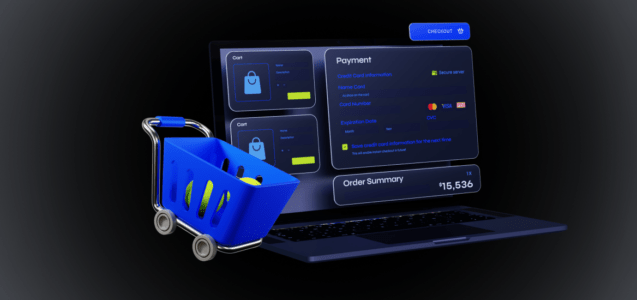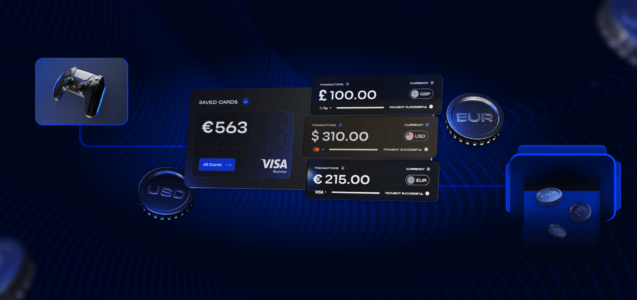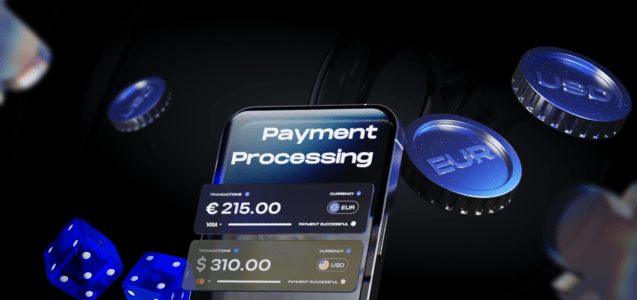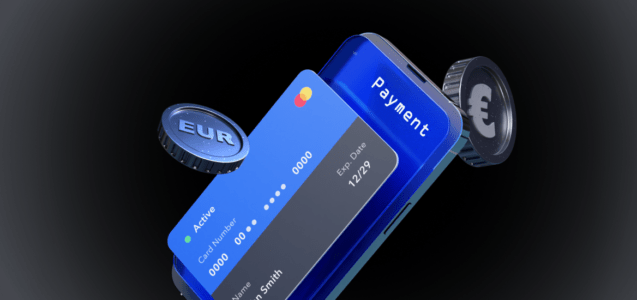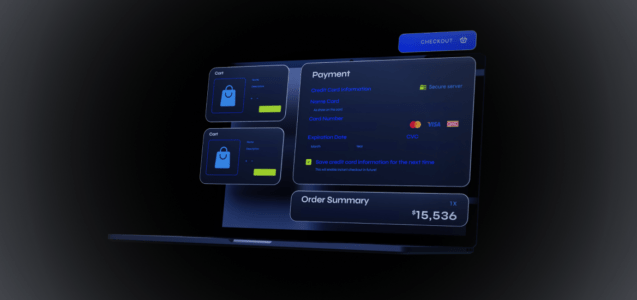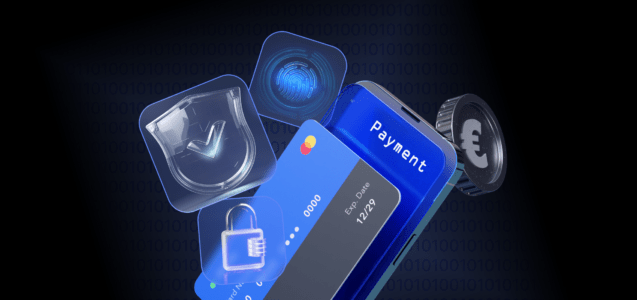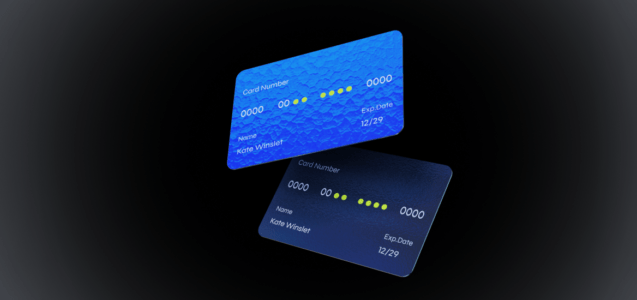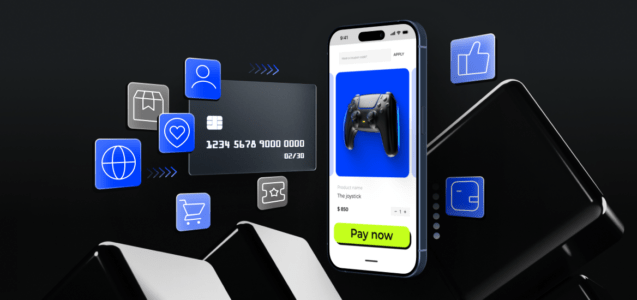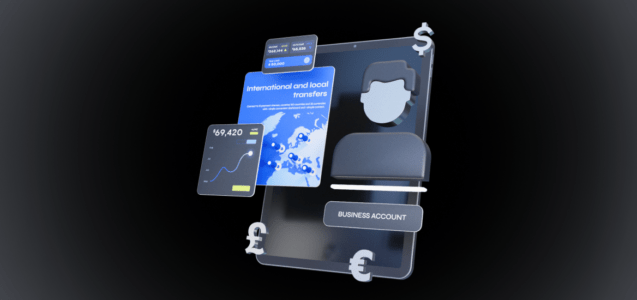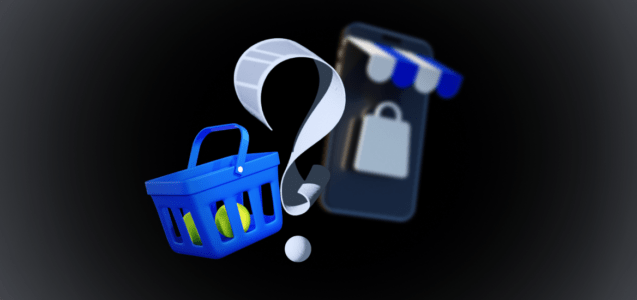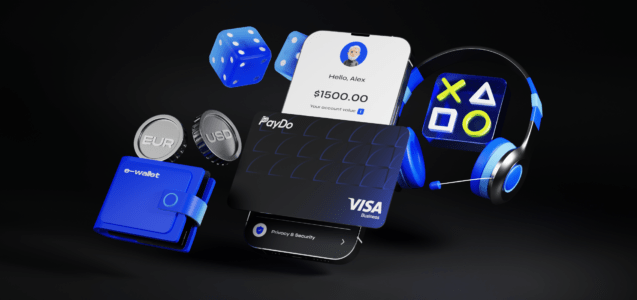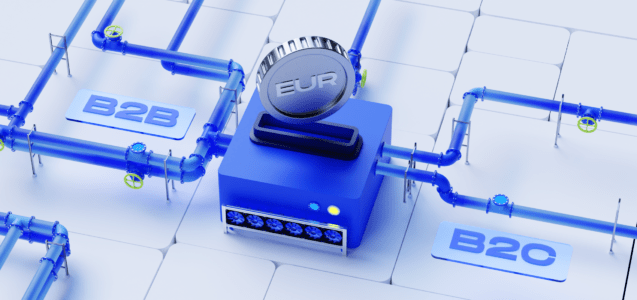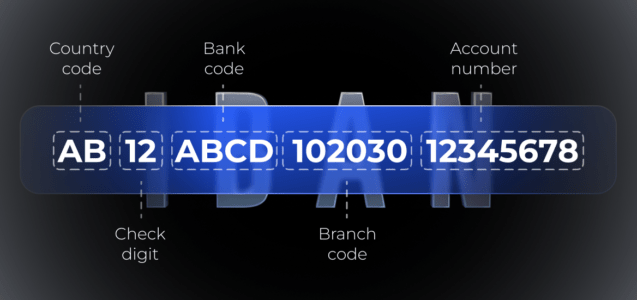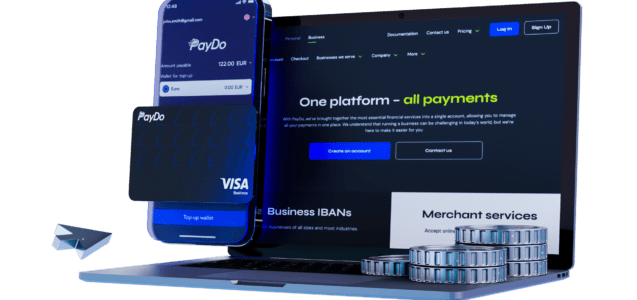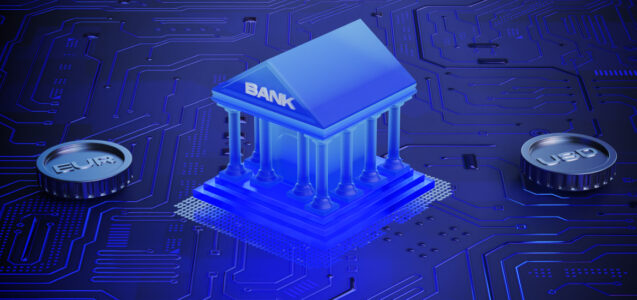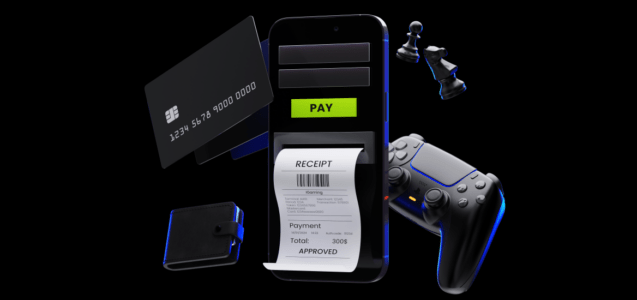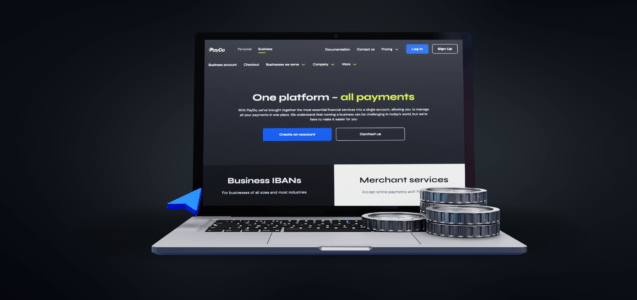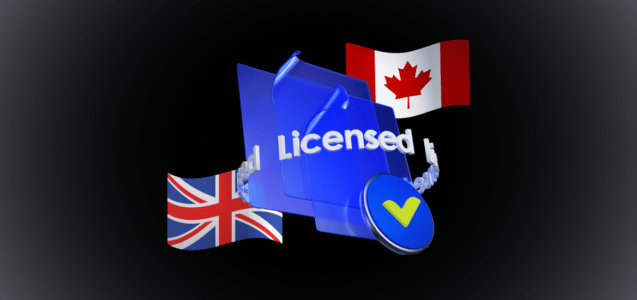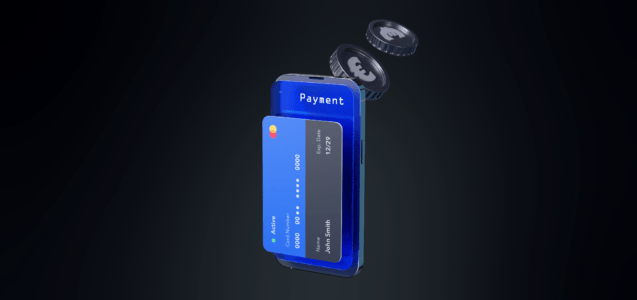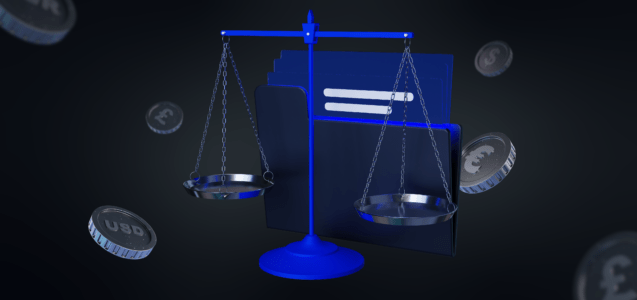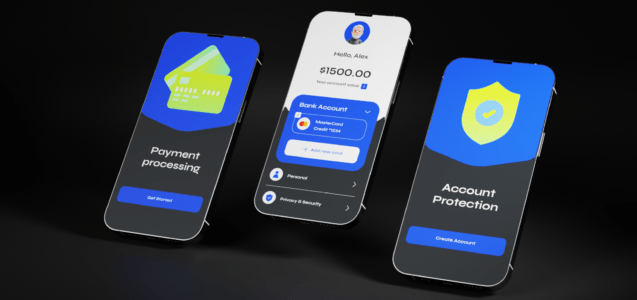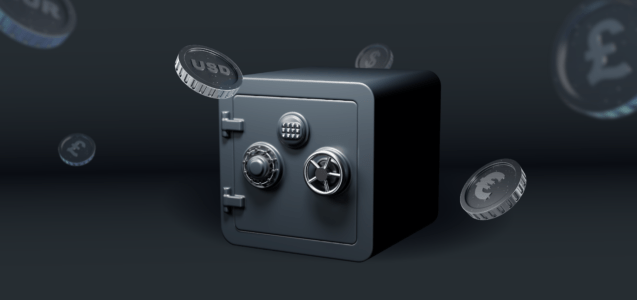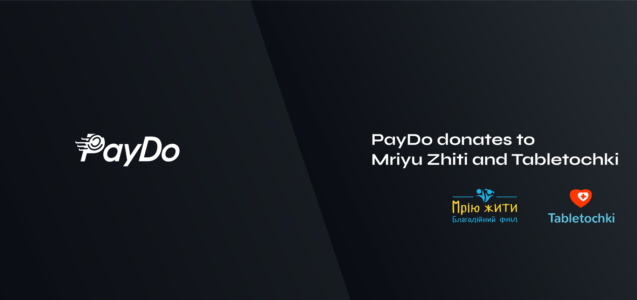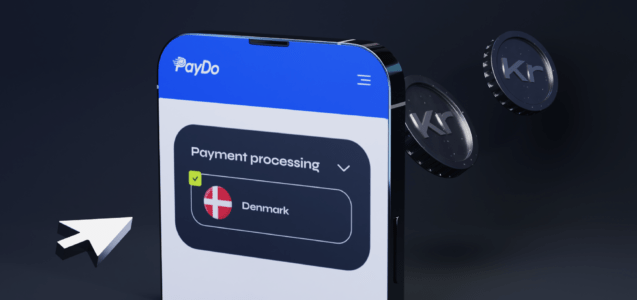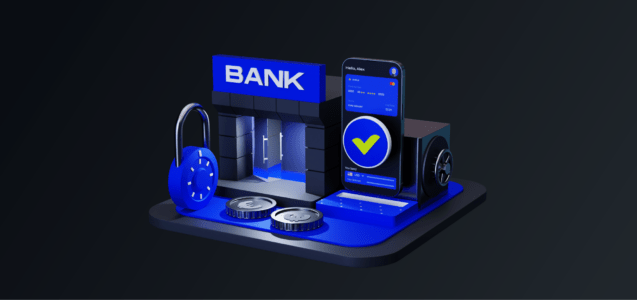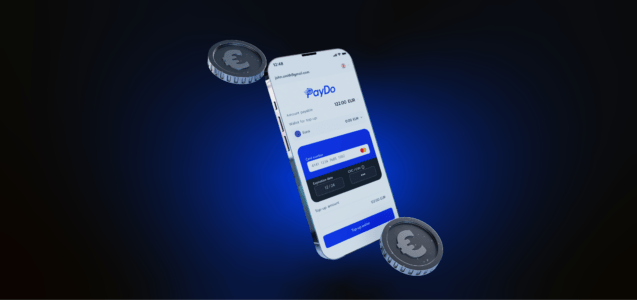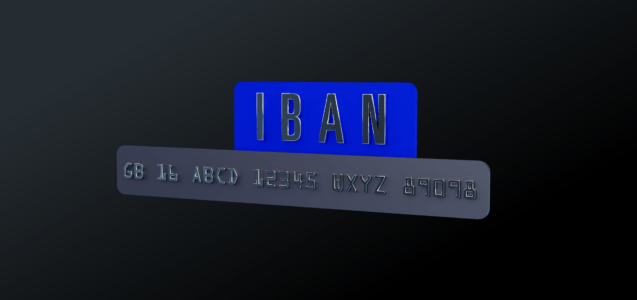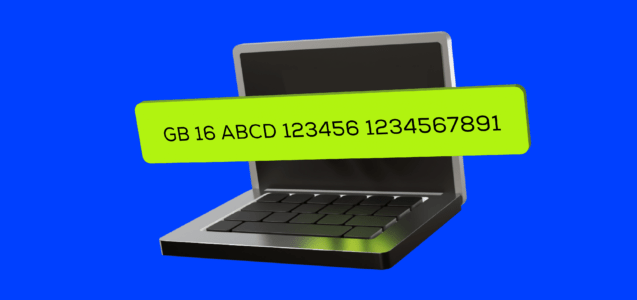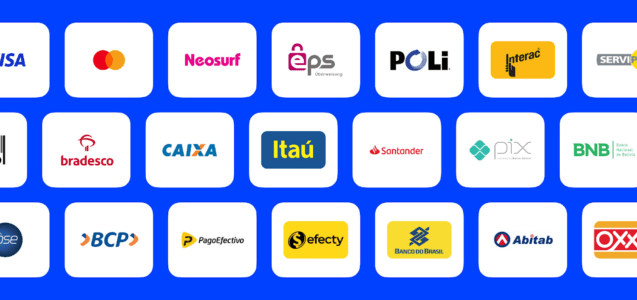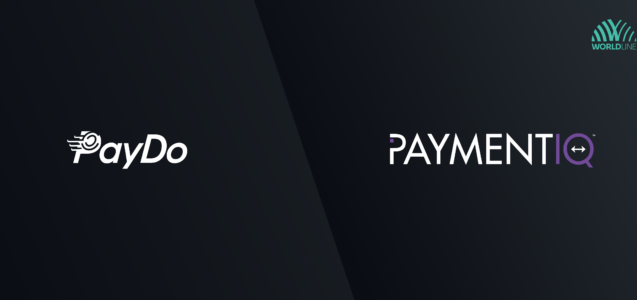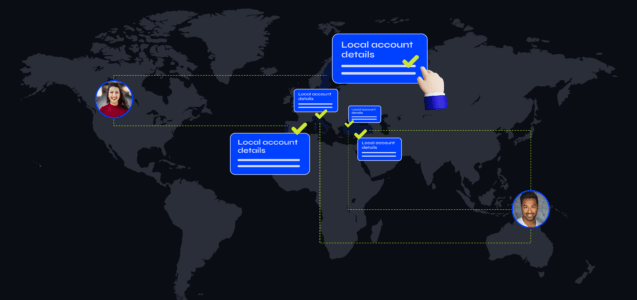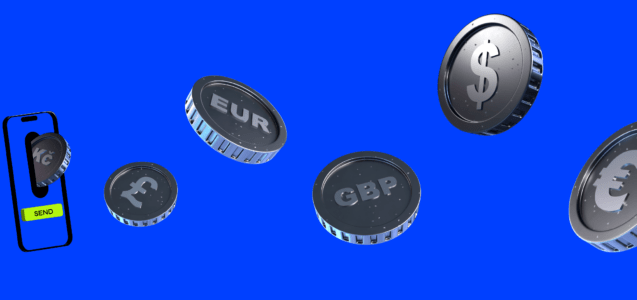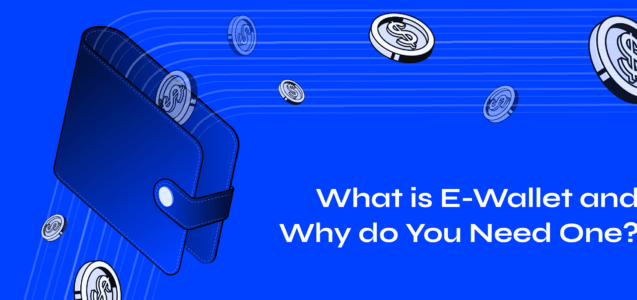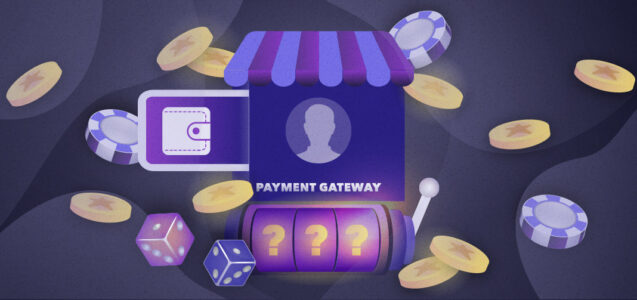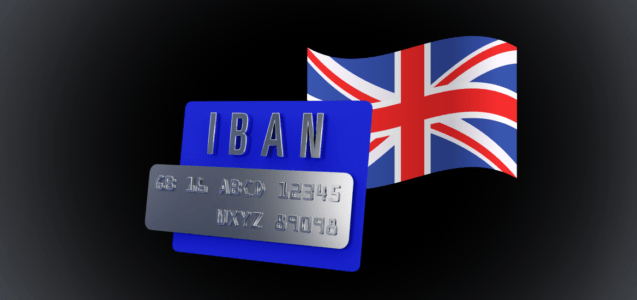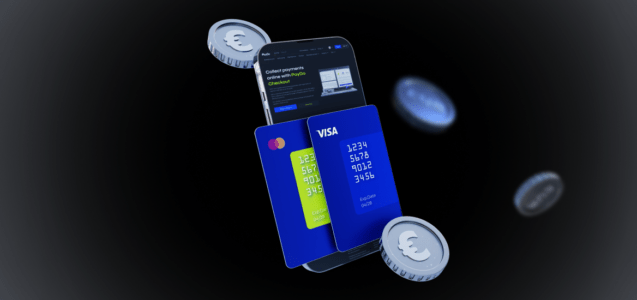Having a merchant account means small businesses can accept different types of payments online, like credit and debit cards, which most people use for online shopping.
According to the Digital Economy Payments Report, 37% of people use credit cards, and 33% use debit cards to buy stuff online.
But there i more to having a merchant account than just accepting your customers’ favourite payment methods. It also helps protect your business from fraud, boosts your business’s reputation, and lets you reach customers worldwide.
Keep reading to find out how having a merchant account can give your business a boost in today’s economy.
What is a Merchant Account?
A merchant account is a type of business account that enables organisations to accept and process electronic payment card transactions or other forms of electronic payment.
It acts as the middleman between the card swipe (or online transaction) and the deposit of funds into the business account.
It’s important to note that with a merchant account, you don’t get direct access to the money held in it like you do with a regular bank account. Instead, the merchant account provider moves the funds to your designated bank account once the transactions are cleared.
Typically, this transfer process takes 3-5 business days. However, some providers offer quicker transfers, like next-day or even same-day funding, usually for an added fee.
Do you need a merchant account for your business?
For most merchants (but not all), the answer is yes!
Operating without a merchant account means you can’t accept credit or debit cards. That could hurt your sales.
However, there are cases where you might not need or can’t get a merchant account. For instance, if your customers never ask to pay by credit card (like if you’re a freelancer), you might not want to spend money on something you won’t use.
Also, businesses selling, for example, cannabis products in the US, can’t get a merchant account due to federal regulations prohibiting credit card payments for these items.
In general, a merchant account is a good choice if you:
- Run an established business with steady sales.
- Want to give customers the option to pay with credit or debit cards.
- Regularly process (or expect to process) over $5,000 per month (if you process less, a payment service provider might be cheaper).
- Willing to research providers, understand your contract, and negotiate details with sales reps.
- Want the extra security features a merchant account offers.
- Ready to implement security measures to keep your account PCI-compliant.
A merchant account is crucial for businesses that want to accept electronic payments, whether online or in-store.

What are the benefits of a Merchant Account?
Having a merchant account is beneficial for your business and your customers. Let’s explore these advantages in more detail.
Making online transactions hassle-free
One of the most significant perks of having a merchant account is the ability to seamlessly accept cashless payments from your customers online. It works by facilitating smooth communication between different parties involved in an electronic transaction.
For subscription-based businesses or eCommerce companies aiming to collect payments via a payment gateway on their website or mobile app, having a merchant account is crucial.
Statistics reveal that cashless methods dominate the realm of online purchases. Therefore, without a merchant account, your presence in the online marketplace could suffer.
According to Finances Online’s payments report, the most favoured online payment methods include debit, e-wallet, and credit. Digital wallets currently cover 49% of online purchases worldwide, with projections suggesting this figure will rise to 54% by 2026.
Failing to offer these payment options to customers can lead to frustration during checkout. They might opt to abandon your website in favour of a competitor that accepts their preferred payment method, even if they’re fond of your brand.
Accepting payments in various currencies
Besides facilitating the acceptance of cashless payments from customers, having a merchant account also grants you the capability to receive payments in different currencies. This feature allows international customers to pay for your services using payment methods they are accustomed to.
For instance, PayDo enables customers to accept payments in over 35 different currencies.
The advantages of accepting currencies from around the world are manifold. It broadens your potential customer base by making your business accessible to people worldwide.
Increasing sales
Having a merchant account can help boost your sales. Customers tend to spend more when they use cashless payments.
This happens because when you pay with a card, it doesn’t feel like you’re giving away real money, unlike when you pay with cash. People who carry only cash when they shop usually spend less because they feel the money leaving their hands.
Businesses can take advantage of this by accepting cashless payments, especially credit cards, which feel even less like spending real money than debit cards. This is because, with credit cards, you don’t have to pay right away; you pay later, which feels less stressful.
Another reason cashless payments help sales is that they’re so easy and quick. When you pay online with a card or e-wallet, there’s no time to hesitate or second-guess your purchase. The payment is done before you know it.
Lastly, by accepting different currencies and cashless payments, your business can reach more customers who might not have been able to pay you otherwise.
Ensuring secure payment processing
A merchant account provides a secure way to handle your customers’ sensitive payment information, such as credit card numbers. This ensures your clients their data remains safe and protected. In fact, it benefits both you and your customers and eliminates the chances of fraud.
Statista estimates reveal that the e-commerce sector experienced a loss of $41 billion due to online payment fraud globally in 2022. This figure increased by an additional $7 billion in 2023.
Having a merchant account with robust security features will help to reduce the chances of fraud. Most merchant account services adhere to PCI DSS standards. These are stringent security protocols established by the Payment Card Industry Data Security Standard. Such services employ cutting-edge security technologies like firewalls and antivirus software to safeguard data.
To maintain a merchant account, you must also comply with PCI DSS standards, reinforcing the effectiveness of your own security measures.
Many businesses display their PCI DSS certification on their checkout pages. It enhances credibility and encourages customers to complete their purchases.
Demonstrating business credibility
If your business doesn’t accept cashless payments online, customers might view it as outdated.
However, when you invest time in setting up a merchant account and get approved, it signals to customers that you’re a legitimate, forward-thinking business adhering to best practices in payments and security.
This perception of business credibility fosters trust among customers. They feel reassured knowing that you’re taking the necessary steps to safeguard their private payment information.
Moreover, merchant accounts enable you to accept cashless payments, signalling to customers that your business stays current with industry trends. This suggests that you’ll continue to refine your services and protocols as customer preferences and cultural norms evolve.
This assurance is especially crucial for technology-focused companies, as their customers expect them to be at the forefront of technology trends. The same applies to businesses catering to Gen Z customers, who predominantly use cashless methods for online purchases.
Getting a Merchant Account with PayDo
We offer multi-currency electronic bank accounts and merchant accounts, as well as a huge number of other services at the best rates. Our company is an authorised payment partner of Visa and Mastercard. In addition, we provide round-the-clock support to all customers, solving any difficult situations quickly and easily.
Here is how you can set up a PayDo merchant account:
- Go to https://account.stage.paydo.com/en/auth/business/sign-up
- Enter your email and create a secure password.
- Activate your account by entering a code received in the email or by clicking on the “Confirm your email” button on an email.
- After activating your account, you can get to your PayDo dashboard.
- Make sure you enable the two-factor authentication method to Google Authenticator instead of an OTP code.
Once you have enabled 2FA, you can proceed with the verification process and start using the PayDo account for your business goals.
Summary
Getting a merchant account is vital for modern businesses. It offers many benefits like boosting sales, improving security, and building trust with customers. With more people using digital wallets for purchases and online fraud on the rise, having a secure payment system is crucial.
At PayDo, we provide easy-to-use and reliable payment solutions for businesses of all sizes and risk levels. As an authorised partner of Visa and Mastercard, we offer multicurrency electronic bank accounts and merchant accounts tailored to your needs. With 24/7 support and user-friendly interfaces, we make it simple for businesses to thrive online.
To start using PayDo and take your business to the next level, create your PayDo account today. Join multiple businesses worldwide who trust PayDo for secure and efficient payment processing.


